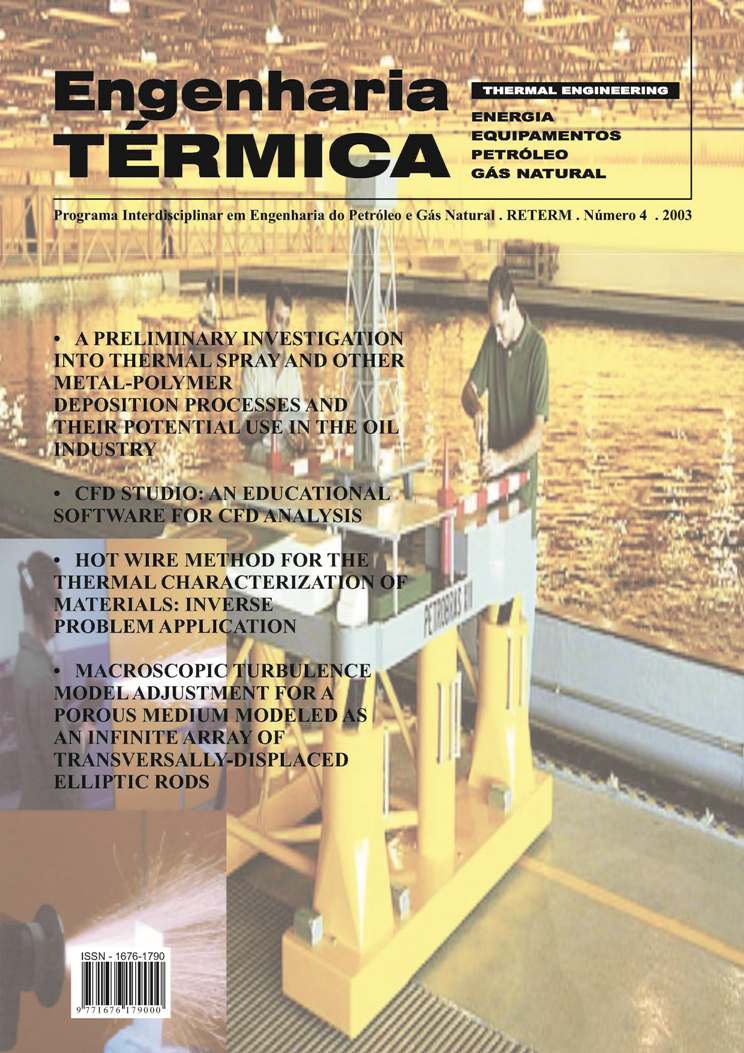A STEADY PSEUDO-COMPRESSIBILITY APPROACH BASED ON UNSTRUCTURED HYBRID FINITE VOLUME TECHNIQUES APPLIED TO TURBULENT PREMIXED FLAME PROPAGATION
DOI:
https://doi.org/10.5380/reterm.v2i2.3475Abstract
A pseudo-compressibility method for zero Mach number turbulent reactive flows with heat release is combined with an unstructured finite volume hybrid grid scheme. The spatial discretization is based on an overlapped cell vertex approach. An infinite freely planar flame propagating into a turbulent medium of premixed reactants is considered as a test case. The recourse to a flamelet combustion modeling for which the reaction rate is quenched in a continuous way ensures the uniqueness of the turbulent flame propagation velocity. To integrate the final form of discretized governing equations, a three-stage hybrid time-stepping scheme is used and artificial dissipation terms are added to stabilize the convergence path towards the final steady solution. The results obtained with such a numerical procedure prove to be in good agreement with those reported in the literature on the very same flow geometry. Indeed, the flame structure as well as its propagation velocity are accurately predicted thus confirming the validity of the approach followed and demonstrating that such a numerical procedure will be a valuable tool to deal with complex reactive flow geometries.
Downloads
Published
How to Cite
Issue
Section
License
Direitos Autorais para artigos publicados nesta revista são do autor, com direitos de primeira publicação para a revista. Em virtude da aparecerem nesta revista de acesso público, os artigos são de uso gratuito, com atribuições próprias, em aplicações educacionais e não-comerciais.



